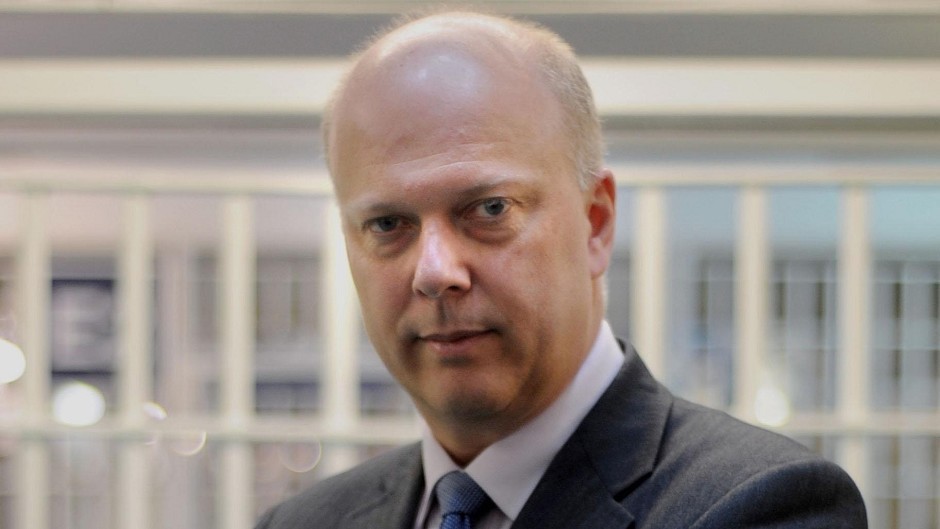The UK Government has been “forced back to the drawing board” over its plans for English Votes for English Laws.
In a “humiliating climb down”, senior Tory Chris Grayling promised yesterday to redraft the controversial “Evel” proposals and postponed a Commons vote until after the summer break.
Earlier this week, former Scottish secretary Alistair Carmichael secured an emergency debate on the means by which the policy will be brought in.
Labour and the SNP – as well as Tory backbenchers – argued for more time for further scrutiny, objecting to the use of standing orders, which set out how the Commons conducts its business, to bring in the rule changes rather than primary legislation.
They secured a symbolic victory after the government abstained in a vote, leaving Prime Minister David Cameron facing the prospect of an embarrassing defeat on a manifesto pledge only months into the new parliament.
Scotland’s only Lib Dem MP Mr Carmichael said the plans had “descended into farce”, adding: “The fact that ministers have been forced to go back to the drawing board shows just how badly they have misjudged this issue.
“This is a humiliating climb down from the leader of the house (Mr Grayling).”
Scottish affairs committee chairman, Pete Wishart, accused the government of presiding over a “shambles”, while shadow Commons leader, Labour’s Angela Eagle, claimed her opposite number had been hauled in front of the prime minister to explain his “mess”.
She accused Mr Grayling of trying “frantically” to redraft the “reckless and shoddy” plans after he was dragged “kicking and screaming” to the chamber only to flee in embarrassment when things did not go his way.
Mr Grayling announced yesterday that MPs would have two days of debate on a new draft of the rule changes to be published on Monday.
The first is scheduled for Wednesday, but all Commons time before the summer recess has now been filled.
He said: “I will, having listened to comments from MPs, publish a modified set of draft standing orders.
“We will debate those on Wednesday. Subsequent to that debate, I will table a final set of standing orders which we will debate at an early opportunity once the house returns.”
The original version gave English MPs a veto over laws only affecting England.
